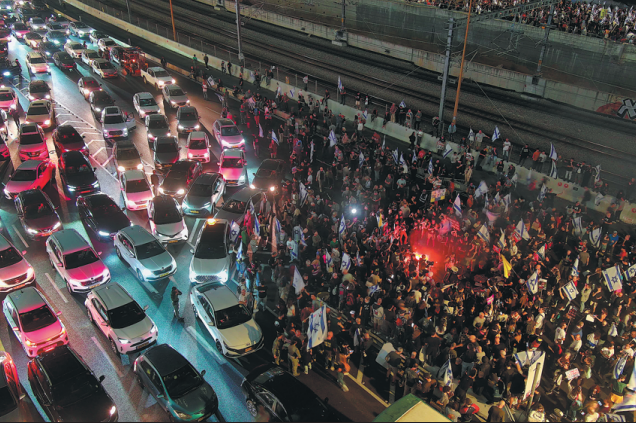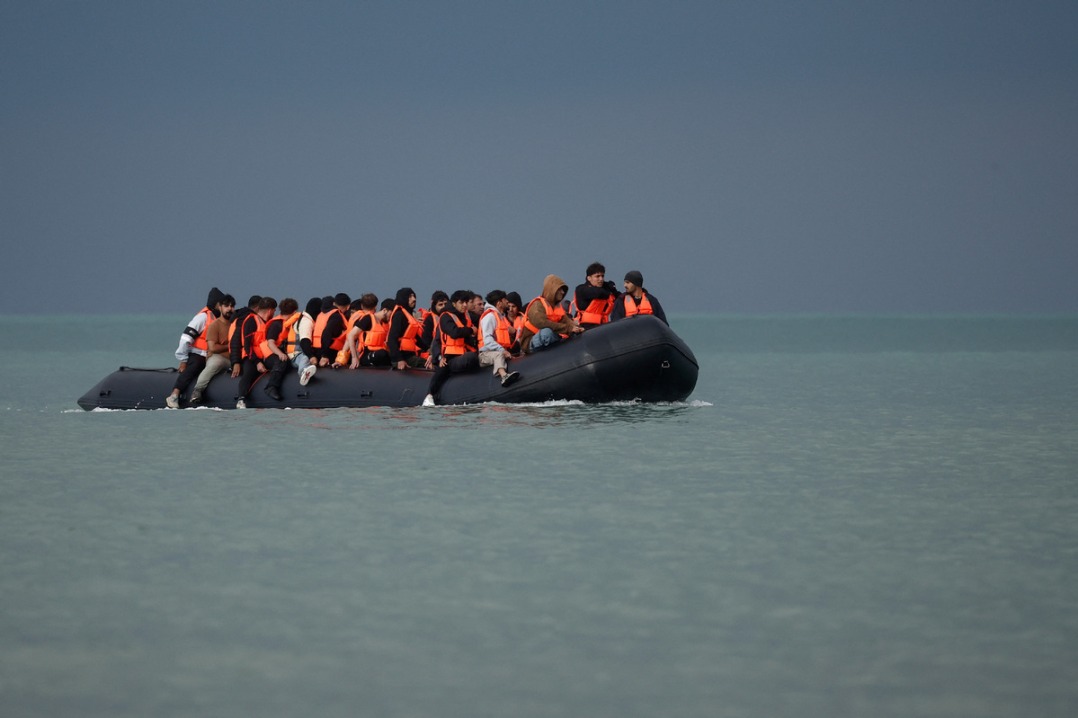Film salvages wartime story of tragic sinking, heroic rescues
Documentary sheds light on Chinese fishermen who saved British prisoners of Japan


Finding the wreck
Fang first heard about the tragedy in 2013 when he was on a boat heading from Zhoushan, Zhejiang province, toward Dongji Island while working on another film.
The island is the home of the fishermen who saved the British soldiers. The captain of the boat Fang was on, pointed to the open sea and said the Lisbon Maru was lying underwater with hundreds of people trapped in the hold, but no one knew its exact location.
"From the moment I learned about this, out of curiosity, I was determined to find this shipwreck," said Fang, who trained as a geophysicist in the 1980s and helped locate a plane's black box in 2002 after it crashed into the Bohai Sea.
In 2016 and 2017, Fang carried out two surveys of the area and finally captured sonar images of a wreck 140-meters long and 40-meters wide, lying 30 meters below water. "We found it! I was quite proud about that," Fang said.
The coordinates of the shipwreck — 30°13'44.42" N, 122°45'31.14" E — are printed on the film's poster and also on the back of the T-shirts of Fang's documentary team.
"After finding the ship, I wanted to find the survivors to understand their stories and what they went through 82 years ago. This is how the story was uncovered. Now, it's time to share it with more people," he said.
The story begins with the Japanese invasion of Hong Kong in the winter of 1941.
At the time, Hong Kong was under British colonial rule with 15,000 troops stationed there. Hours after Japan's strike on the Pearl Harbor US Navy base in Hawaii, on Dec 7, 1941, Hong Kong was also under attack.
The battle ended in 18 days with 8,500 Allied soldiers taken as prisoners. The next year, the Japanese army began transporting prisoners, including the Hong Kong POWs, in requisitioned civilian ships back to Japan as forced labor to repair roads, extend airports, and do other work to assist its military operations.

































